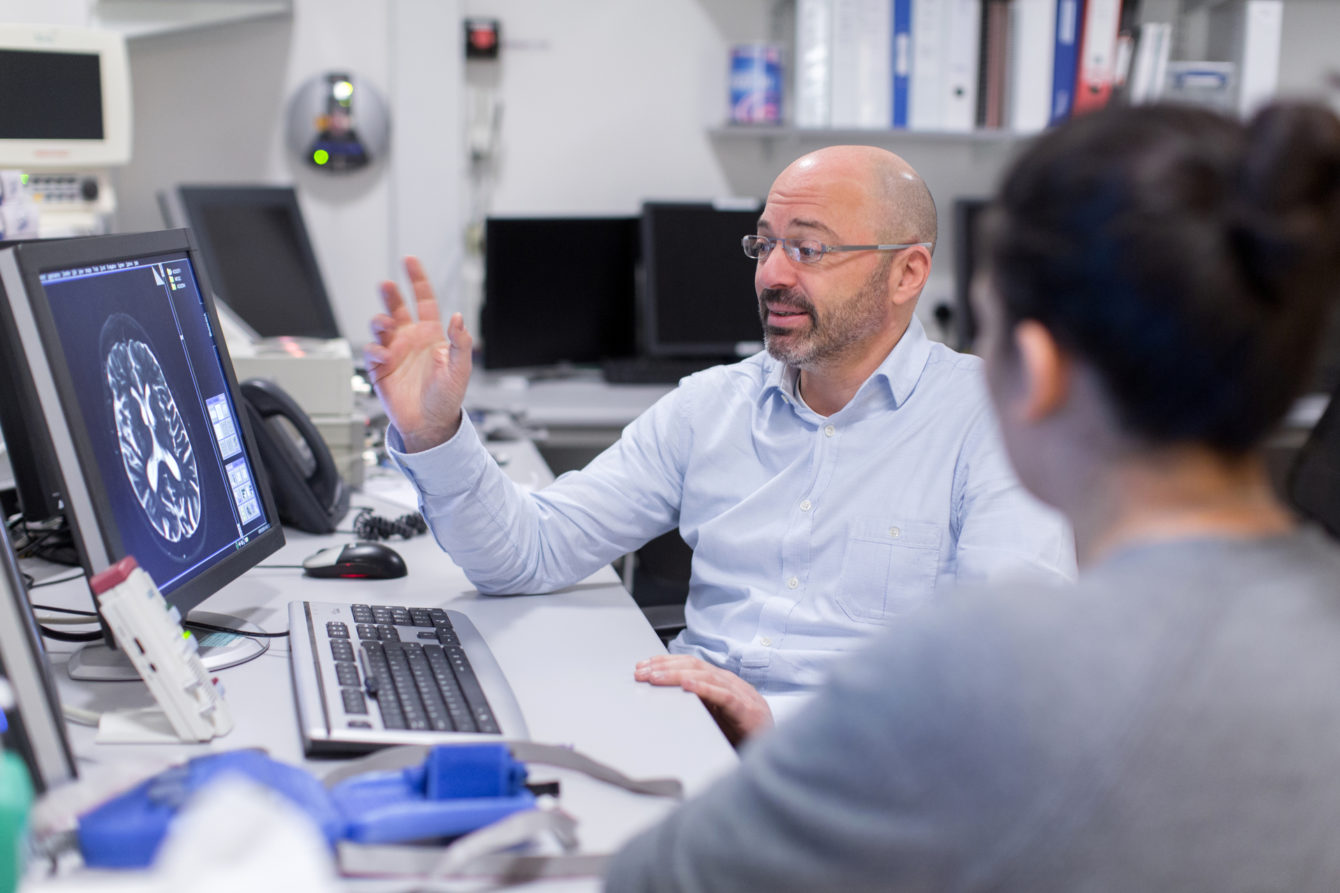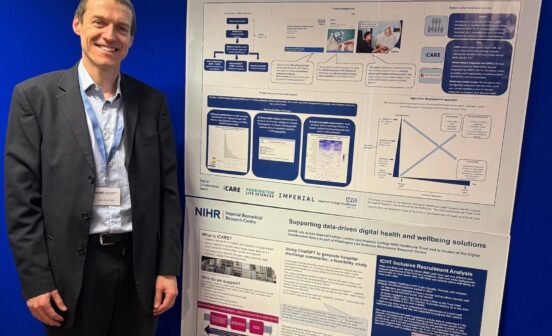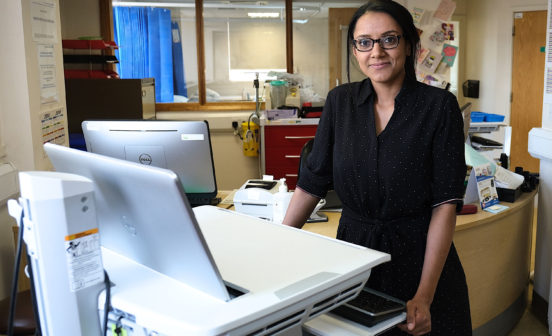Informatics ApproachesPreventionTherapeutic Nearly six percent of all cancers are linked to diabetes and high BMI

Diabetes and a high Body Mass Index (BMI) are known risk factors for various types of cancer. This has been reported as being potentially due to biological changes such as chronic inflammation, high insulin, and elevated sugar levels, all having an adverse effect on the body. A new study published in The Lancet has now revealed that diabetes (both type-I and type-II) and a high BMI (>25 kg/m2) were the cause of 5.6% of new cancer cases worldwide in 2012. This is the first estimate of global cancer that can be attributed to diabetes and high BMI.
The researchers gathered data on the incidence of 12 types of cancer from 175 countries in 2012 and found 792,600 new cases. Individually, high BMI (544,300 cases) was responsible for twice as many cancer cases as diabetes (280,100 cases). The most common types of cancer caused by diabetes and high BMI globally were liver cancer (24.5%) and endometrial cancer (38.4%). The study also reported significant differences between countries.
Dr Jonathan Pearson-Stuttard, lead author for the paper, said: “As the prevalence of these cancer risk factors increases, clinical and public health efforts should focus on identifying preventive and screening measures for populations and for individual patients. It is important that effective food policies are implemented to tackle the rising prevalence of diabetes, high BMI and the diseases related to these risk factors.”
The researchers conclude that the findings demonstrate clinical and public health efforts need to focus on the prevention and management of high BMI and diabetes or it could lead to a substantial increase in the cancer burden.
The authors of the paper are based at the MRC-PHE Centre for Environment and Health at Imperial College London. The Centre is led by Professor Paul Elliott, Theme Lead for the NIHR Imperial BRC Informatics & Biobanking Theme.





